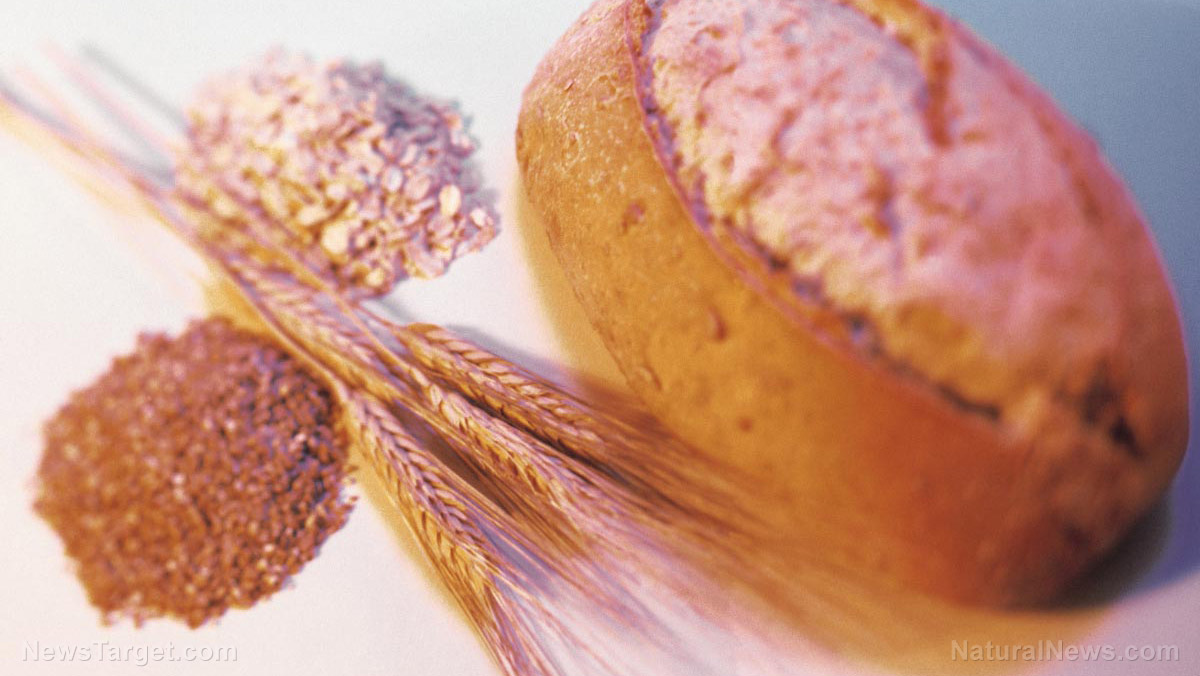
Advertisement
Whole grains are one of the healthiest foods that make up a balanced diet. These foods are loaded with soluble fiber that aids metabolism and digestion. Soluble fiber also does wonders for the heart since it helps regulate blood pressure and reduce cholesterol. Whole grains also pack a ton of antioxidants that protect against inflammation and cellular damage.
Prized as the ultimate nutrition package, whole grains taste delicious when eaten alongside greens, fruits and lean proteins. But if you’re like most people who fear weight gain from too much carbs, chances are you might not be getting enough fiber and other essential nutrients like B complex vitamins and iron.
If you don’t know which grains to go for, don’t fret. Here are 10 whole grains that shine because of their unique health benefits and characteristics.
Whole wheat
Not all bread and pasta products labeled “wheat” or “multigrain” are whole wheat. When shopping for whole wheat, double-check the nutrition label and make sure it indicates that the product is 100 percent whole wheat. Otherwise, chances are it contains refined grains that are just as good as sugar.
Whole oats
Whole oats are an excellent source of avenanthramide, an antioxidant that supports heart health. As with whole-wheat products, avoid oat products that are not labeled “whole-grain oats.” Instant oatmeal is one of the most common examples of oats to avoid since these are loaded with refined sugars.
Brown rice
Opt for brown rice over the white varieties. The white rice you find in supermarkets is often processed and stripped of important nutrients like fiber, magnesium, phosphorus and B complex vitamins. Brown rice like basmati and jasmine, on the other hand, retains 75 percent of these nutrients after the milling process.
Whole rye
A 100-calorie serving of whole rye contains more nutrients than other whole grains. For instance, it has four times more fiber than the same serving size of whole wheat. It also provides a whopping 50 percent of the recommended dietary allowance (RDA) of iron, an essential mineral for red blood cell production.
Freekeh
Freekeh is an Arabic, low-carb form of ancient wheat. Each kernel has up to four times more fiber than a grain of brown rice. It also boasts a number of essential vitamins and minerals like selenium, calcium, magnesium and zinc. In addition, Freekeh contains carotenoids that help stall aging.
Whole grain barley
A 100 g serving of uncooked whole grain barley contains an incredible 354 calories. Whole grain barley can also reduce cholesterol, which helps decrease the risk of heart disease.
Buckwheat
Buckwheat is an excellent source of magnesium, an essential mineral that helps regulate blood pressure and cholesterol levels. Plus, buckwheat is rich in brain-boosting nutrients like manganese, which also supports bone health.
Bulgur
Bulgur is an edible grain made from dried whole wheat. It is still considered a whole grain even though at least five percent of its bran is removed during the milling process. That said, bulgur more than makes up for this loss with its high iron, magnesium, fiber and protein content.
Quinoa
Dietitians and nutritionists consider quinoa as a pseudocereal, not a grain. But this nutritional powerhouse is packed with more protein than most varieties of whole grains. It is also one of the few plant-based foods that contain all nine essential amino acids that support tissue repair and nutrient absorption.
Whole wheat couscous
Couscous is a type of pasta made from crushed wheat that has been formed into small granules. It originated from the northwestern region of Africa. However, unlike traditional couscous, a lot of the available couscous in supermarkets are made from refined wheat flour. When shopping for couscous, look for the whole wheat varieties. Avoid the refined versions since these tend to have fewer fibers, carbohydrates, protein and iron.
Not all carbohydrates are bad for you. Several varieties of whole grains help balance out a diet with nutritious carbohydrates that won’t lead to weight gain. Start making healthier food choices and switch to whole grain foods. To prevent high blood sugar and weight gain, avoid refined grains like white bread, white rice and refined breakfast cereals.
Sources:
Advertisements







